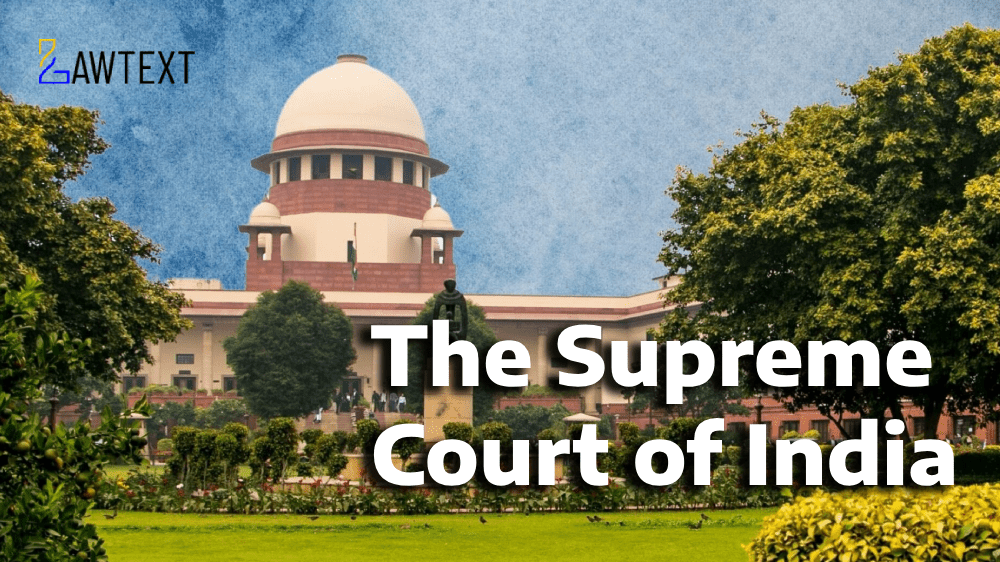

The Supreme Court of India allowed the appeal by HMT Ltd., dismissing the writ petition filed by the heirs of Putta Narasamma after several decades. The Court found that the petitioners had concealed material facts regarding the sale of the disputed land and waited for over 30 years to file the petition. The land in question was requisitioned for military purposes and later acquired by the Ministry of Defence. HMT Ltd. acquired a portion of the land, and the petitioners sought compensation and possession of the remainder. However, due to delay, laches, and suppression of facts, the Court ruled in favor of HMT Ltd. and dismissed the petition.
1. Background of the Case
The land in question, owned by the petitioners' predecessor, was requisitioned by the Ministry of Defence under the Requisition and Acquisition of Immovable Property Act, 1952. The Union of India acquired portions of this land in 1973, and HMT Ltd. also acquired some portions in 1958 for industrial expansion.
2. Petitioners' Claims
The petitioners sought rental compensation from 1973 and the return of the remaining unacquired land. They claimed the Defence Department had stopped paying compensation and requested possession of the unutilized land.
3. High Court Proceedings
Initially, the Karnataka High Court dismissed the writ petition due to the 46-year delay in filing and the disputed facts. However, the Division Bench reversed this decision and ruled in favor of the petitioners, directing HMT Ltd. to either vacate the land or pay compensation.
4. Key Issues
5. Supreme Court's Judgment
The Supreme Court overturned the High Court's decision, holding that the petitioners had concealed critical facts and that their delay in approaching the court was unjustified. The writ petition was dismissed on the grounds of suppression of material facts and significant delay.
Citation: 2024 LawText (SC) (9) 245
Case Number: Civil Appeal Nos. ………… & …………. of 2024 (@ Special Leave Petition (C) Nos. 30584-85 of 2019) with Civil Appeal No. ……………… of 2024 (@ Special Leave Petition (C) No. 13035 of 2020) and Civil Appeal No. ……………… of 2024 (@Special Leave Petition (C) No. …………… of 2024) (@ Special Leave Petition (C) Diary No. 17543 of 2020)
Date of Decision: 2024-09-24
Case Title: HMT Ltd. Versus Smt. Rukmini and others
Before Judge: (SANJIV KHANNA J. , SANJAY KUMAR J.)
Appellant: HMT Ltd.
Respondent: Smt. Rukmini and others